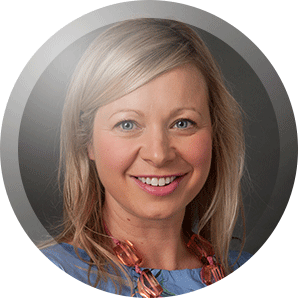Appropriate screening health check-ups for men depend on a number of factors:
1 Age….…2 Family History…….3 Your Lifestyle and behaviour risk factors…….4 What we can test for.
At any age:
Standard blood tests can be done for iron levels, to test your basic body biochemistry, screen for diabetes, cholesterol and thyroid function.
Health History and Examination of Blood pressure and pulse, heart and lungs, height and weight are basic indicators of cardiovascular health
Mental Health and sexual health screening may be an important part of your health check at any age, please not that these areas can require significant separate appointments to deal with problems in these areas.
Over the age of 45 – Diseases of the heart and circulation and cancers are the biggest causes of death and predominate. Cholesterol profile diabetes screening, cardiovascular examination (heart lungs and blood pressure) as well as other screening bloods are performed. Prostate cancer is a cancer we can screen for by a blood test and usually (but not always necessary), a prostate examination which can be easily done. We recommend screening from the age of 45 and generally every 2 years after that. Screening is not perfect and can miss some cancer and it is important you understand the value and limits of screening for any disease especially prostate so this should be discussed before testing. Erectile dysfunction becomes more frequent as we get older and is related to hardening of the arteries and can be the first signs of circulatory problems
Under the age of 45 – Your health check should concentrate on lifestyle and behaviour risk factors and any unusual family history of early illness ( 1st degree relatives especially) that might have a family link. All men especially under 40 should regularly self-examine their testicles as testicular cancer (although still rare) does occur under 40 more commonly. If you want a health screening check up please note this requires seeing a doctor for a double appointment initially and fasting bloods tests which can be made on the same day after the Doctors appointment or on a separate day and based on the assessment by your doctor on the day and/or the results of your tests may or may not require further assessment/ tests where appropriate and advice.
Health screening is an ongoing process between you and your doctor and is a good life habit for all of us.
(1) National Men’s Health Action Plan Healthy Ireland – Men HI-M 2017-2021 Working with men in Ireland to achieve optimum health and wellbeing. Department of Health, HSE, Health Inequality Ireland
(2) The Men and Cancer Report Clarke N., Sharp L., O’Leary E. & Richardson N. (2013). An examination of the excess burden of cancer in men. Institute of Technology Carlow
(3) Central Statistics Office (2011). Quarterly National Household Survey. Quarter 3, 2010. Health Status and Health Service Utilisation. Cork: Central Statistics Office






